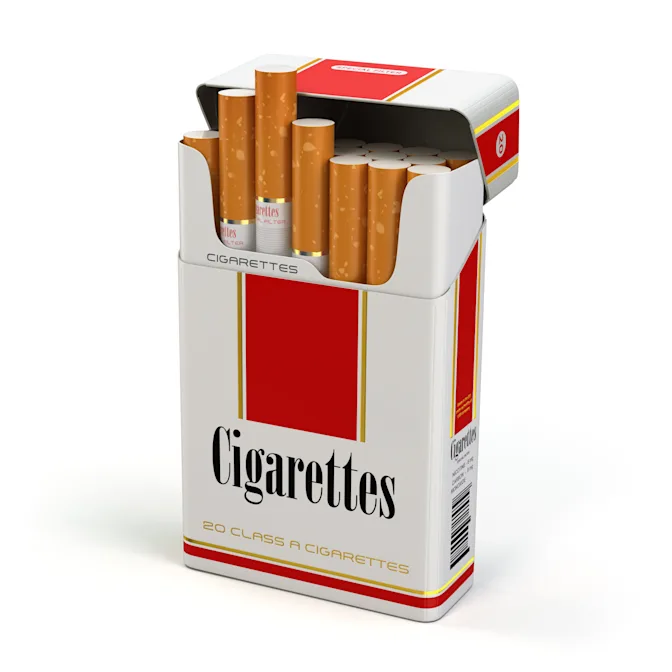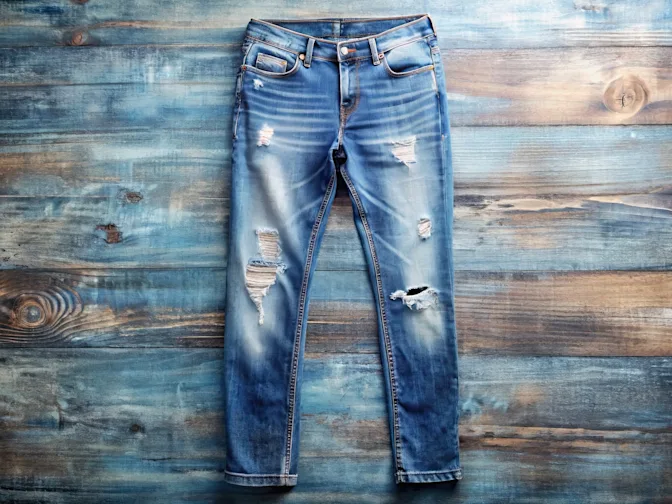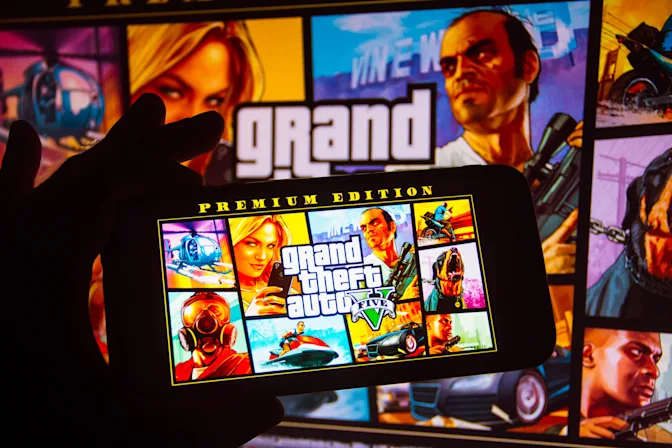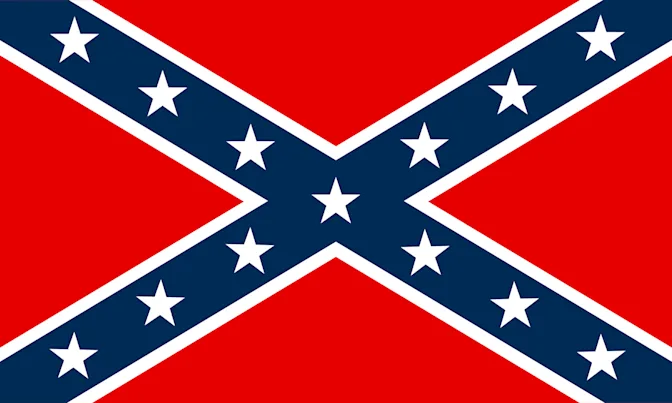
These 12 Items Are Gone From Target Forever — Here's Why
Target is a retail giant known for its wide array of products, from trendy clothing to home essentials. However, even this beloved store has its limits when it comes to what it offers. Over the years, Target has made some strategic decisions to permanently remove certain items from its shelves, citing a mix of consumer demand shifts, safety concerns, and business strategy. Here's a look at 12 things that Target has chosen to discontinue forever.
Cigarettes

While some stores continue to offer tobacco products, Target removed cigarettes and other tobacco items in 1996, prioritizing public health and aligning with growing anti-smoking sentiment.
Amazon Products

With a growing rivalry, Target chose to cut ties with Amazon's devices, like Kindles and Echo speakers, aiming to reduce competition and focus on its own in-house brands and partnerships.
Humanist Pillows
In 2019, Target introduced cross-stitched "Humanist" pillows that quickly gained popularity and were widely shared on social media. However, shortly after their release, the pillows were unexpectedly removed from shelves and Target's website, with many orders canceled. Customer service later cited "customer feedback" as the reason for discontinuing the product.
Sandblasted Denim

Target previously used sandblasting to give its denim a worn look, but in 2012, research revealed that the technique caused workers to develop silicosis, a fatal lung disease, even with protective equipment. In response, Target banned sandblasting and shifted to safer methods for distressing denim.
Mossimo Clothing Line

In 2017, Target ended its partnership with designer Mossimo Giannulli to focus on a variety of smaller fashion brands. Following Giannulli's involvement in the college admissions scandal, it's unlikely Target will consider renewing their collaboration.
Paula Deen's Cookware

Target once featured a popular line of affordable cookware by the southern chef Paula Deen, but in 2013, after she acknowledged using racist language in a deposition, the retailer promptly ended their partnership.
Farm-Raised Salmon

In 2010, Target switched from farm-raised to sustainably caught wild Alaskan salmon, earning praise from Greenpeace for its environmental commitment to preserve the natural environment and ocean life.
Grand Theft Auto V

In late 2014, Target Australia removed the popular video game Grand Theft Auto V from its shelves after nearly 46,000 people signed a petition claiming it encouraged violence against women. Target's GM of Corporate Affairs, Jim Cooper, acknowledged the public concern and stated that, while other M-rated games would still be available to adults, the strong feedback led to the decision to pull GTA V from stores.
Gender-Targeted Toys
In 2015, Target removed "boys" and "girls" labels from its toy aisles after parents criticized the separation of items like "Building Sets" and "Girls' Building Sets," aiming to encourage kids to choose any toy without gender-based limitations.
Toy Guns

Target stopped selling real guns in the 1980s but continued to offer toy guns with realistic designs until incidents in the 1990s, when children were mistakenly shot by police while holding toy weapons. Following this, Target limited its toy gun selection to brightly colored water and Nerf guns. In 2014, the retailer also requested that customers avoid bringing firearms into stores.
Confederate Flags

Following the tragic June 17, 2015, Charleston church shooting, Target joined companies like Amazon in removing Confederate flags from both its physical and online stores. After a CNBC inquiry, Target also took down Confederate-themed costumes from its website.
CloudPets
In 2017, over 800,000 CloudPets stuffed animals were compromised in a data breach that exposed usernames, passwords, and children's audio recordings, leaving kids vulnerable to receiving messages from strangers. Following the incident, Target and Walmart removed the toys, and the company later went out of business.
Target's decisions to remove certain products from its shelves reflect the company's responsiveness to consumer concerns, safety issues, and social values. Target has shown a commitment to maintaining a family-friendly and socially conscious retail experience. These choices highlight how evolving public expectations can shape what we see or don’t see on store shelves.
References: 12 Things Target Will Never Sell Again | 10 Things Target Has Pulled From Its Shelves
























